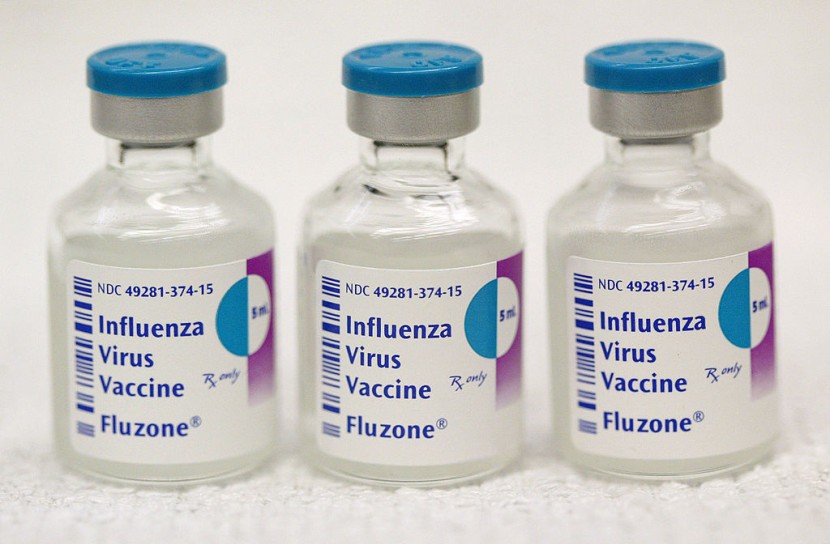
Officials from the United States Centers for Disease Control and Prevention (CDC) praised this year's flu vaccine to be a "very good match" against recent strains amid a rising number of infections and hospitalizations.
During a Monday news briefing, CDC Director Dr. Rochelle Walensky noted that flu vaccinations are still lagging behind the pace of previous years.
Flu Vaccine
Data released by the health agency showed that through the end of October, vaccinations for pregnant women, a group that is considered more vulnerable to severe illness from the flu, were down roughly 12% compared to the same time last year.
Meanwhile, the vaccination rates for seniors, the age group that is most likely to be hospitalized with the flu, were down roughly 3% compared to numbers from October 2021. Walensky noted that flu vaccines for children were also down by about 5% compared to where they were before the coronavirus pandemic.
Typically, in a year, roughly 60% of adults in the United States get vaccinated against influenza. This year, the flu season has gotten off to an early start, on top of being severe. Hospitalization rates have hit levels that are not typically seen until December or January, as per CNN.
Citing the early start of the respiratory virus season, Walensky said that they are looking in real-time as to how well the vaccines match the strains that are in circulation right now. The CDC director also noted that the health agency would get more definitive data later in the flu season but argued that current data is encouraging.
Walensky added that even when the flu vaccine does not closely match the currently circulating strains, they observed a 35% reduction in the number of hospitalizations. This means that when there is a good match, the protection the vaccine provides would be much greater.
According to CBS News, the CDC tests hundreds of samples collected from citizens with the fly every year. The effort is an attempt to track if the virus is capable of evading the current season's vaccines.
Respiratory Illnesses
On Friday, the health agency reported that most of the viruses that they have tested so far are similar to the strains that were picked out by officials for this year's updated vaccines. The CDC, using antibodies from ferrets, said that almost all samples they tested "were well recognized" by the animals' immune response.
The majority of samples tested by public health laboratories across the United States so far have been from the Influenza A type of virus. Only a small portion, roughly 0.1%, were Influenza B. Furthermore, all viruses that were tested so far have been found to be susceptible to the four antiviral treatments currently recommended for flu patients.
This comes as the Washington State Department of Health said that flu hospitalizations in the area were at the highest rate seen in the last decade. When combined with other respiratory illnesses, such as the coronavirus and respiratory syncytial virus (RSV), hospitals are already experiencing strains to their emergency capacity, Fox13 Seattle reported.








